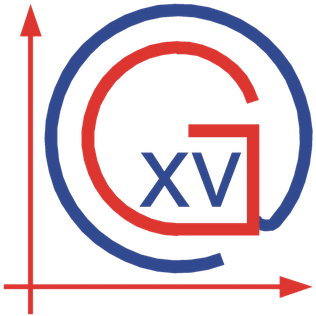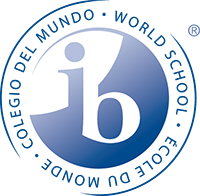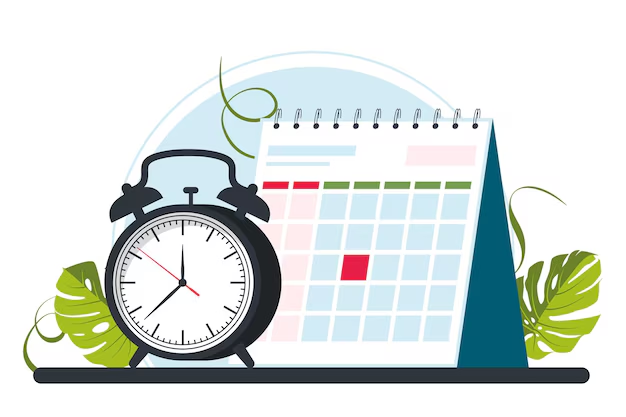As the final deadline for the personal project approaches, it is important to use this month in the most efficient way. It’s time to organize your work and feedback from your mentor, reflect thoroughly on your progress and make sure you have all the elements of your report completed. With so many things to do, it is essential to stay focused and manage your time effectively. Here are a few key areas to prioritize in the last few weeks:
- Organizing Evidence
Evidencing your work is a critical part of the report. It serves as proof of your efforts, skills and progress throughout the project. Properly organizing your evidence makes sure that your report is well rounded and easy to navigate.
- Categorizing: To start, collect all the materials you have used over the course of the project (for example, your pp journal, photos, surveys…) then organize them into categories related to each criteria.
- Labeling: Write clear labels and describe each piece of evidence so that it fits in your previously categorized criteria. For instance, if you are evidencing the ATL skills you used and improved, link them to specific journal entries that documentthem.
- Choose Quality Over Quantity: Rather than including all of your work, select the most relevant and compelling pieces that highlight your accomplishments and problem-solving ability.
Ensuring that you thoroughly organize your evidence will strengthen your report and demonstrate your ability to present your work effectively.
- Reflecting on Your Journey
Reflection is a key part of the personal project and it gives you an opportunity to critically analyze things such as your learning process, achievements and development. In this section, you should go beyond simply stating what you did – you should showcase the impact this project had on you and the insights you gained from it.
- Evaluate Your Initial Goal: Look back at the start of your project. Did you achieve what you wanted to accomplish? How closely does your result match your original vision?
- Identify Strengths and Challenges: Consider the talents you developed and the challenges you encountered. For instance, did you enhance your research or time management abilities? How did you handle unanticipated difficulties?
- Connect to the IB Learner Profile: Think about how the project helped you illustrate characteristics like being a thinker, communicator, or reflective learner. This connection can give dimension to your report and demonstrate how the project supported your personal development.
- Consider the Future: How will the skills and information obtained from this project help you in your future academic or personal activities? Outlining future applications can help you enhance your self-management skills and problem-solving talents as well as support your reflection.
Taking the time to do thorough, honest reflection can improve your report and provide useful insights into your personal and educational growth.
- Avoiding Last-Minute Stress
With the submission deadline approaching, it’s easy to feel overwhelmed. Managing stress effectively will help you stay focused and ensure that you submit a well-prepared report.
- Break Down Tasks: Rather than viewing the entire project as a whole, divide it into smaller, more manageable parts. Make a checklist for final changes, evidence organizing and formatting to avoid last-minute panic.
- Set Mini Deadlines: Set out specific days for each activity, such as completing one section of your report each day or examining your evidence over a weekend. This helps you avoid procrastination and stay on schedule.
Final Thoughts
This last month before submitting your final work is challenging, but it is also a good time to reflect on your growth and ensure everything is in order for the deadline. Organizing the evidence you collected, writing a personal reflection and managing tasks one at a time to reduce stress is the best way to take advantage of this time. Stay motivated, focused and most importantly be proud of your work.





